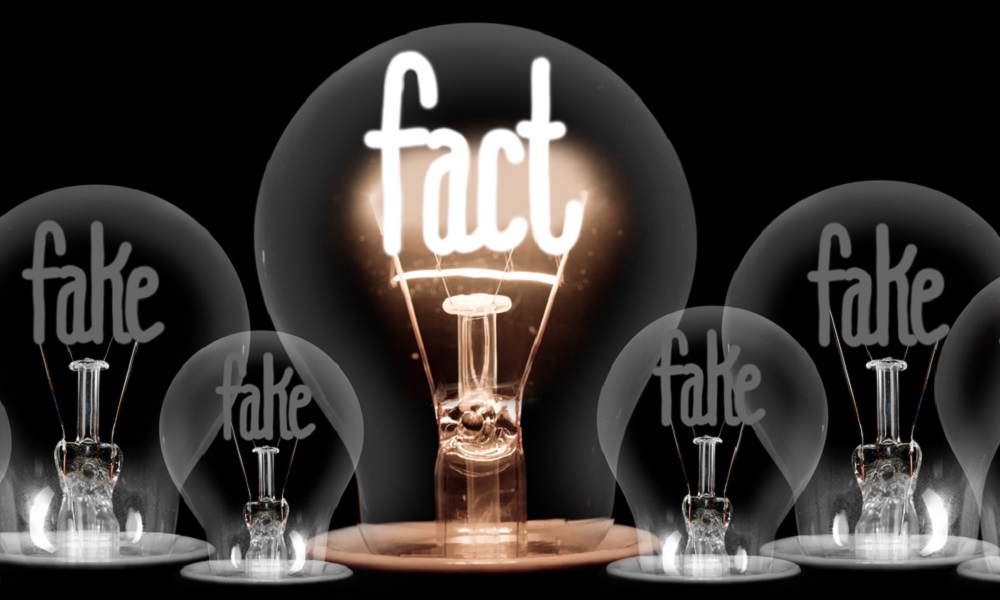Legal entities may also go to court to stop smear campaigns or the spread of fake news that damage their reputation. Use of child labor, aggressive practices with the environment, tax evasion, corruption… The list is endless. However, before turning to the courts to defend the company’s reputation, it is important to be aware of the main difficulties we will have to face and what we can expect from the courts. Let’s take a look.
Article 7.7 Organic Law 1/1982, of May 5, 1982 on the protection of the right to honor, personal and family privacy and personal portrayal prohibits “The attribution of facts or the expression of value judgments through actions or expressions that may in any way harm the dignity of another person, undermining their reputation or eroding their self-esteem.” That is to say, it covers, in principle, the prohibition on disseminating false information that may damage a person’s honor, which also includes legal persons.
Considered a non-transferable right, the possibility of legal entities requiring the protection of their honor has been questioned very often. However, this possibility has been continuously admitted by the Spanish courts, which gives us another extremely valuable tool to defend a company’s reputation from the dissemination of false information. Indeed, our courts have granted companies protection from the violation of legal entities’ right to honor on numerous occasions, including airlines, construction companies, homes for the elderly, schools or collecting societies, among others.
1. How far does the right to honor protect a company?
It should firstly be borne in mind that the level of intensity of the protection of legal entities’ right to honor is not as strong as that of individuals. With individuals, protection extends to both the perception that the person affected has of himself (internal dimension) as well as the perception that that person has of others (external dimension). However, the protection of the honor of legal entities only affects, as is to be expected, its external dimension. After all, a legal entity does not have self-awareness and therefore its self-esteem cannot be undermined. However, the fact that protection is not as strong does not mean we have to forget about the possibility of protecting our company’s reputation. We need to be well aware of its limitations and use it when it is the most appropriate way of protecting the company.
2. What means of defense are usually used in proceedings to defend the right to honor of legal entities?
Without a doubt the freedom of information envisaged in article 20.1.d) of the Spanish Constitution, which guarantees the fundamental right to “freely communicate or receive true information by any means of dissemination”. Consequently, the principal argument when defending the absence of unlawful encroachment on the right to corporate honor is that the information in question is true and is protected by the author’s right to freedom of information – a line of defense that is particularly important in areas such as journalism or labor unions. In this case, the so-called exceptio veritatis or truthfulness exception would be applicable. This is an absolute defense against possible encroachment on the right to honor where the information published is of public interest and does not contain degrading comments. When the information that is disseminated is true, there is absolutely nothing that the company can do, no matter how uncomfortable the situation.
3. Which right should prevail in a conflict between the right to honor and freedom of information?
It is a conflict between rights with the same constitutional value, which means the court has to weigh them up to see which one should prevail. The weighting requires a dual assessment of the “abstract weight” and the “relative weight” of the conflicting rights.
When assessing the ‘abstract weight’ of each right, the courts tend to give prevalence to freedom of information, since it is considered an essential collective right for the formation of free public opinion, which is essential for the political pluralism required by our democratic principles. However, it does not give carte blanche to disseminate any type of information. The Constitution itself states that the limit of freedom of information is “respect for the rights recognized herein, in the provisions of the laws that implement it and, in particular in the right to honor, privacy, personal portrayal and to protection of youth and infancy”. As a result, freedom of information does not prevail over the right to honor, although it does start out with an advantage.
In addition, the assessment of the “relative weight” of the conflicting rights must bear in mind three parameters, namely: (i) the public interest of the person affected; (ii) the truth of the information; and the proportionality of the expressions used. If the information published does not meet these requirements, cumulatively, the advantage with which freedom of information starts out may give way to the right to corporate honor.
4. When can information be regarded as truthful?
This is perhaps the most difficult question to answer in these types of proceedings. Why? Because for the Spanish courts, the legal concept of “truthful” does not coincide with the concept of “truth” that we use on a daily basis. Our courts do not require precision or complete accuracy, simply a ‘diligent investigation of the facts’. Contrary to what common sense may tell us, it is irrelevant whether the information published is objectively false if the author has carried out, diligently, a minimum investigation into the facts. In the case of information published by the media, it is sufficient for the journalist to have acted with a reasonable level of diligence when verifying the information, even if it is finally disproved. Therefore, in those cases in which the information is merely based on rumors or fabrications, the right to honor is likely to prevail.
5. Can the joint protection of directors, executives or employees of the company also be requested?
Generally speaking, protection of the right to honor of the members of the company is included in the recognition of the right to honor of the legal entity, in those cases in which the false information only involves the company and not its directors, executives or employees. It is a different matter if the facts are also attributed, personally, to individuals, giving their names and surnames. In this case, in principle, it is possible to require the joint protection of the right to honor of the individuals whose honor has been affected, together with that of the company.
6. So what is the conclusion?
In short, where information is published that may adversely affect the company’s reputation, it is necessary to carry out a detailed analysis before taking any action. It is important to understand the degree of protection we can obtain from the courts and to confirm that we are dealing with information that is indeed false, not just imprecise, which could seriously affect our company’s reputation. Otherwise, bringing legal action could even be counterproductive and lead to the dreaded Streisand effect, making the information that is damaging our information even more relevant.
Cristina Mesa Sánchez
Intellectual Property Department






